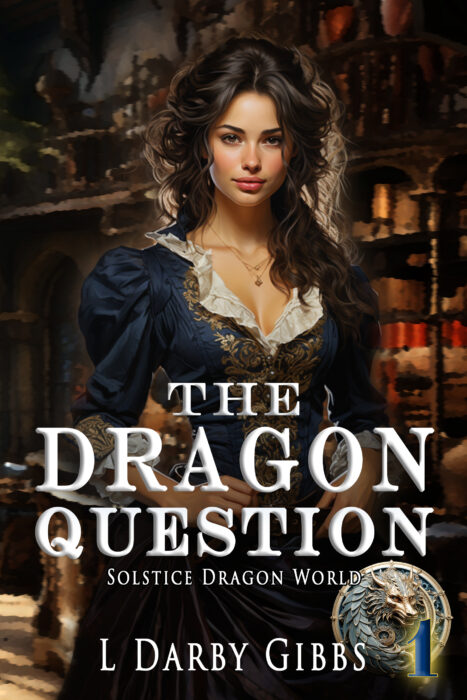We fiction writers attempt to create authentic character experience, largely from events we have never experienced. Of course, we often draw from memories to bring verisimilitude to our writing, but just as often, if not more so, we write of things we have never seen, touched, emotionally felt or responded to. Writers attempt to create…
Tag: connecting with characters
Readers need to connect the content to their own lives. Recently I was reading Jane Eyre. The narrator and main character Jane was describing a view of Rochester seated alone in a darkened room, and suddenly I was transported back about ten years and the memory of walking into my father’s office to see him…
